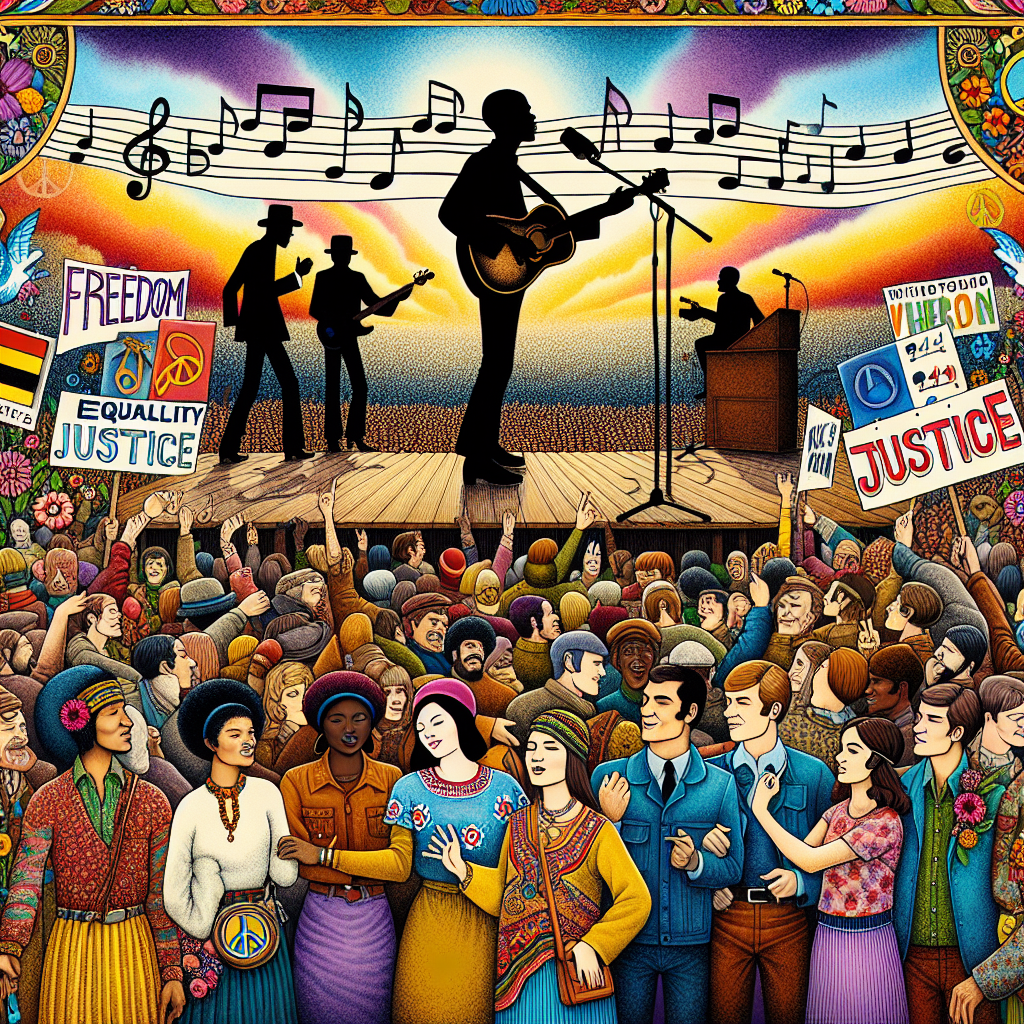During the 1960s and 70s, music played a pivotal role in shaping social movements and sparking change in society. From folk to protest songs, musicians used their platform to spread messages of peace, love, and equality.
Music has always been intertwined with culture, reflecting the values and beliefs of a particular time period. In the 60s and 70s, musicians like Bob Dylan, Joan Baez, and Pete Seeger used their lyrics to speak out against war, racism, and injustice. Their songs became anthems for those fighting for civil rights and peace.
Politicians often tried to silence these voices, recognizing the power that music had in mobilizing people towards a common cause. However, musicians continued to push boundaries and challenge authority through their art.
In addition to the lyrics themselves, fashion also played a significant role in these social movements. Musicians often used their style as a form of protest, rejecting traditional norms and embracing countercultural fashion trends.
Advancements in technology also played a part in spreading these messages far and wide. The rise of radio and television allowed musicians to reach larger audiences than ever before, amplifying their impact on society.
Overall, the role of music in social movements of the 60s and 70s was undeniably powerful. It served as a unifying force for those seeking change and inspired generations to come. As we look back on this era, we can see how music has the ability to shape culture and ignite passion for social justice.


Get involved!
Comments